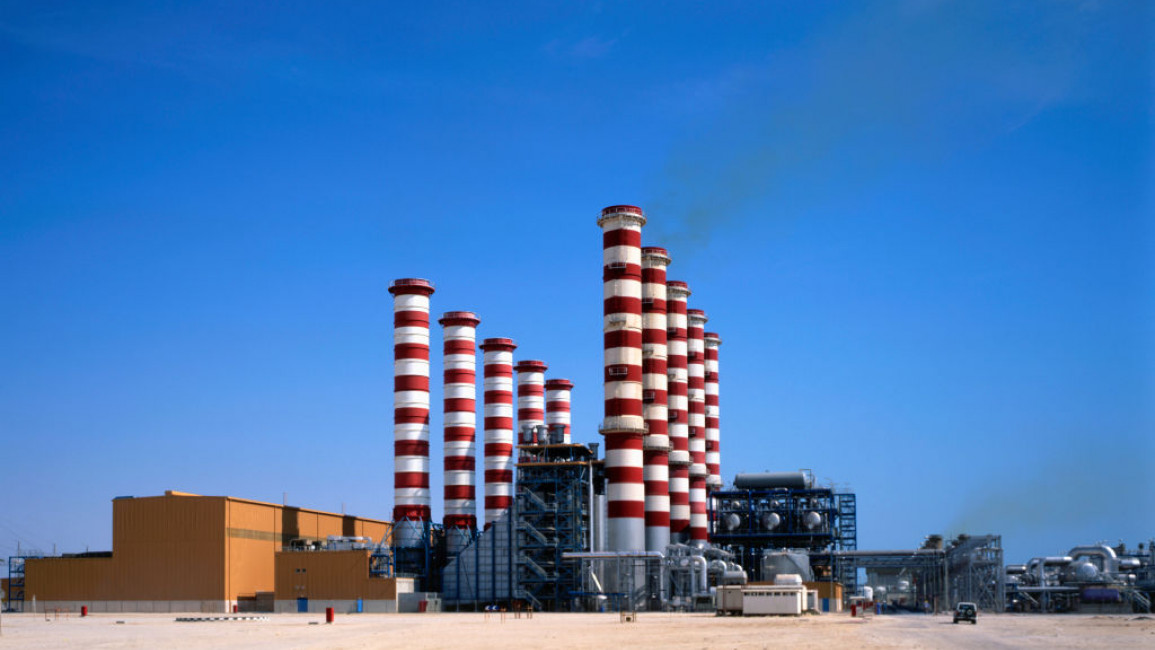Germany to 'fast-track' gas terminals as part of Qatar deal
Germany has committed to "fast track" the construction of two liquefied natural gas terminals as part of a new long-term deal with Qatar as it looks to reduce dependence on Russian gas, the Gulf state said Sunday.
Economic Affairs Minister Robert Habeck secured the accord during talks in Doha with its emir and energy minister who have been pressing European nations to strike long-term deals to guarantee their supplies.
European states have been forced to turn to Qatar in recent months as they seek an LNG alternative to Russian gas in the wake of Moscow's invasion of Ukraine.
Qatar has insisted on long contracts because of the huge cost of investing in gas production. Already one of the world's top three LNG exporters, Qatar plans to increase production by 50 percent by 2027.
Qatar's energy ministry said that several years of talks with Germany had never led to "definitive agreements due to the lack of clarity on the long-term role of gas in Germany’s energy mix and the requisite LNG import infrastructure."
It added that in a meeting between Habeck and Energy Minister Saad Sherida Al-Kaabi, "the German side confirmed that the German government has taken swift and concrete actions to fast-track the development of two LNG receiving terminals in Germany as a matter of priority to allow for the long-term import of LNG to Germany and that such scheme has the full support of the German government."
The two sides "agreed that their respective commercial entities would re-engage and progress discussions on long-term LNG supplies from Qatar to Germany."
In Berlin, a German spokeswoman confirmed a long-term partnership had been struck and that companies would "enter into the concrete contract negotiations", the spokeswoman said.
Habeck also held talks in Doha with the emir Sheikh Tamim bin Hamad Al-Thani before heading to the United Arab Emirates where he is expected to hold talks on oil supplies.
Ahead of his trip, Habeck told Deutschlandfunk radio that Germany had major concerns over securing supplies for next winter.
"If we do not obtain more gas next winter and if deliveries from Russia were to be cut then we would not have enough gas to heat all our houses and keep all our industry going," he warned.
Berlin has come in for criticism over its opposition to an immediate embargo being imposed on Russian energy supplies as a means of choking off Moscow's foreign earnings.
Germany believes a boycott could cause major economic damage as well as huge rises in energy prices.



